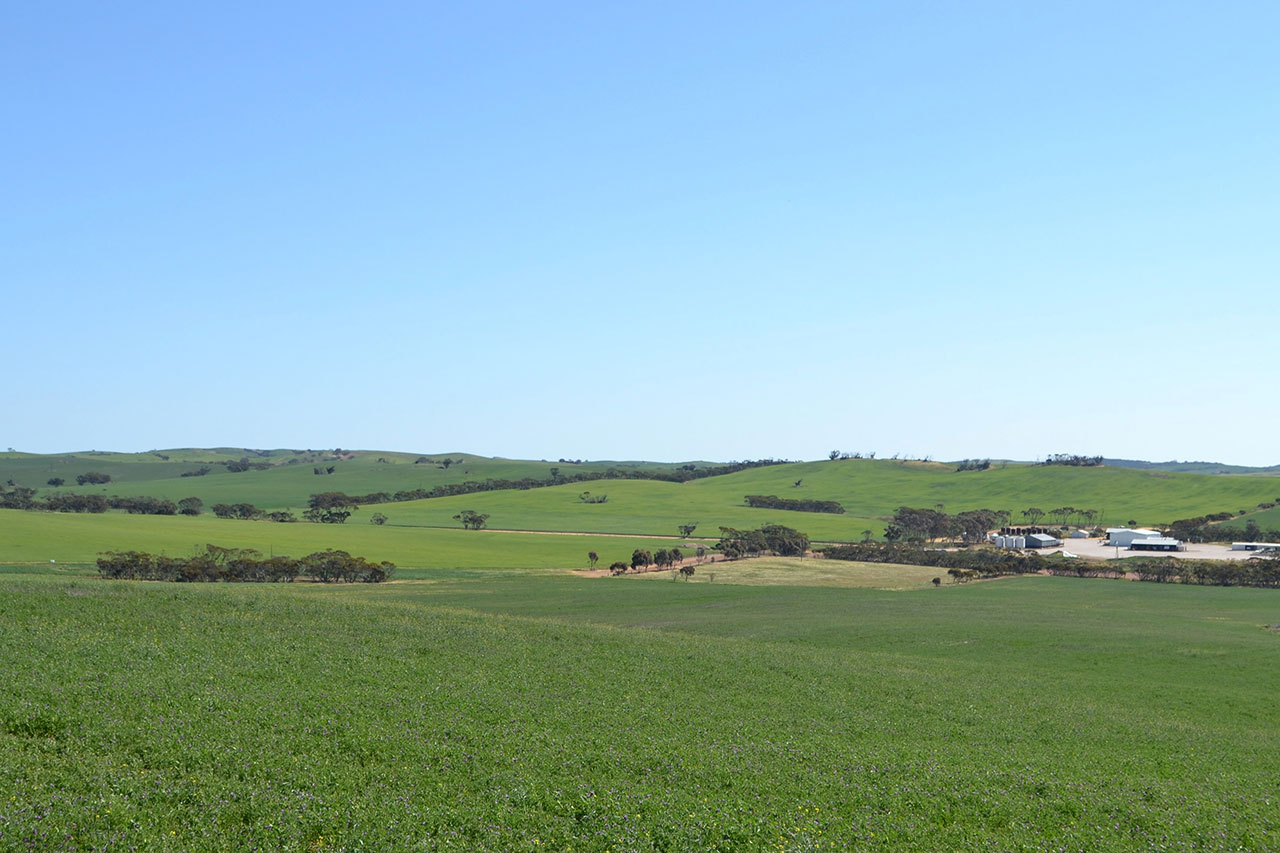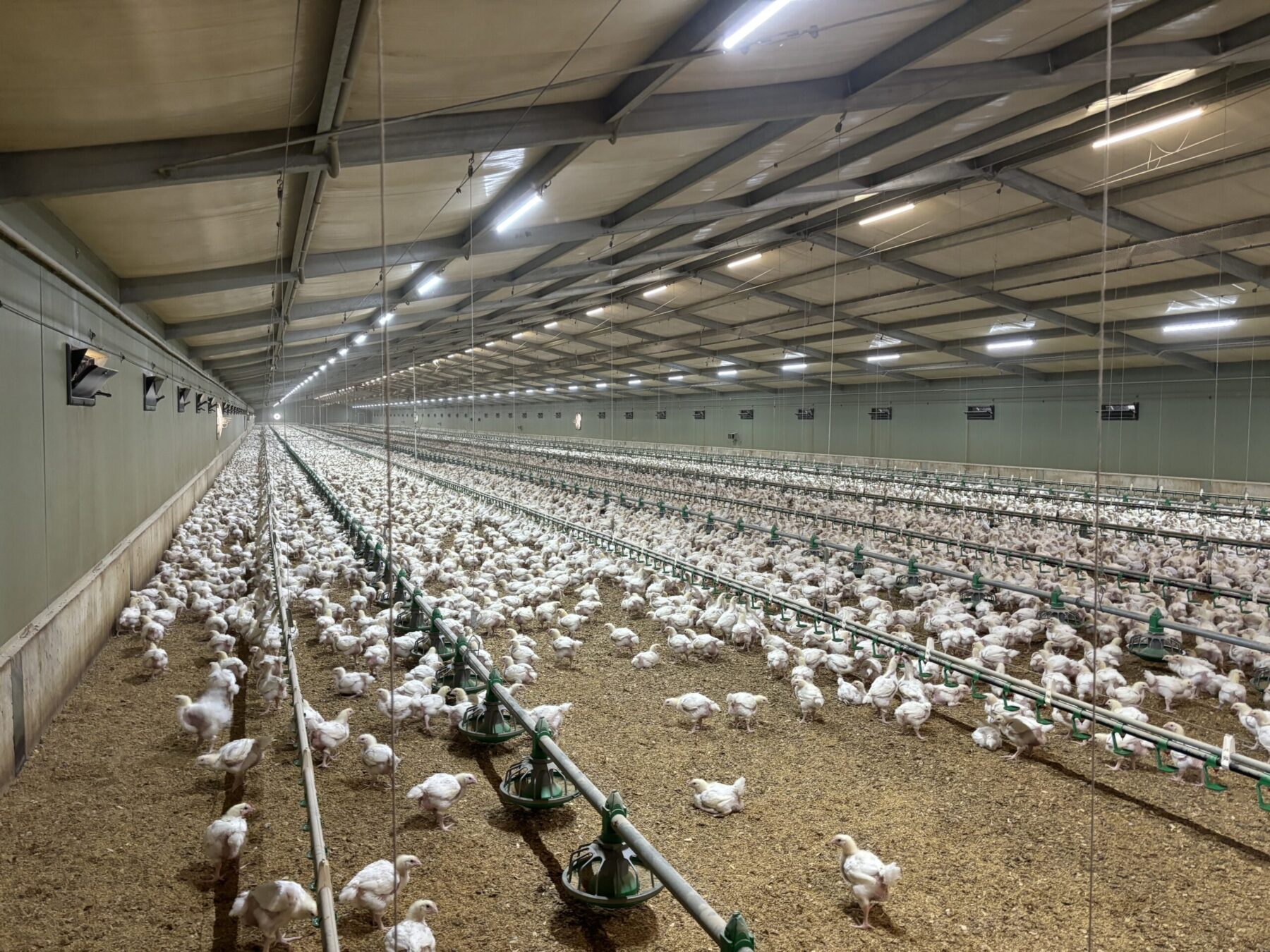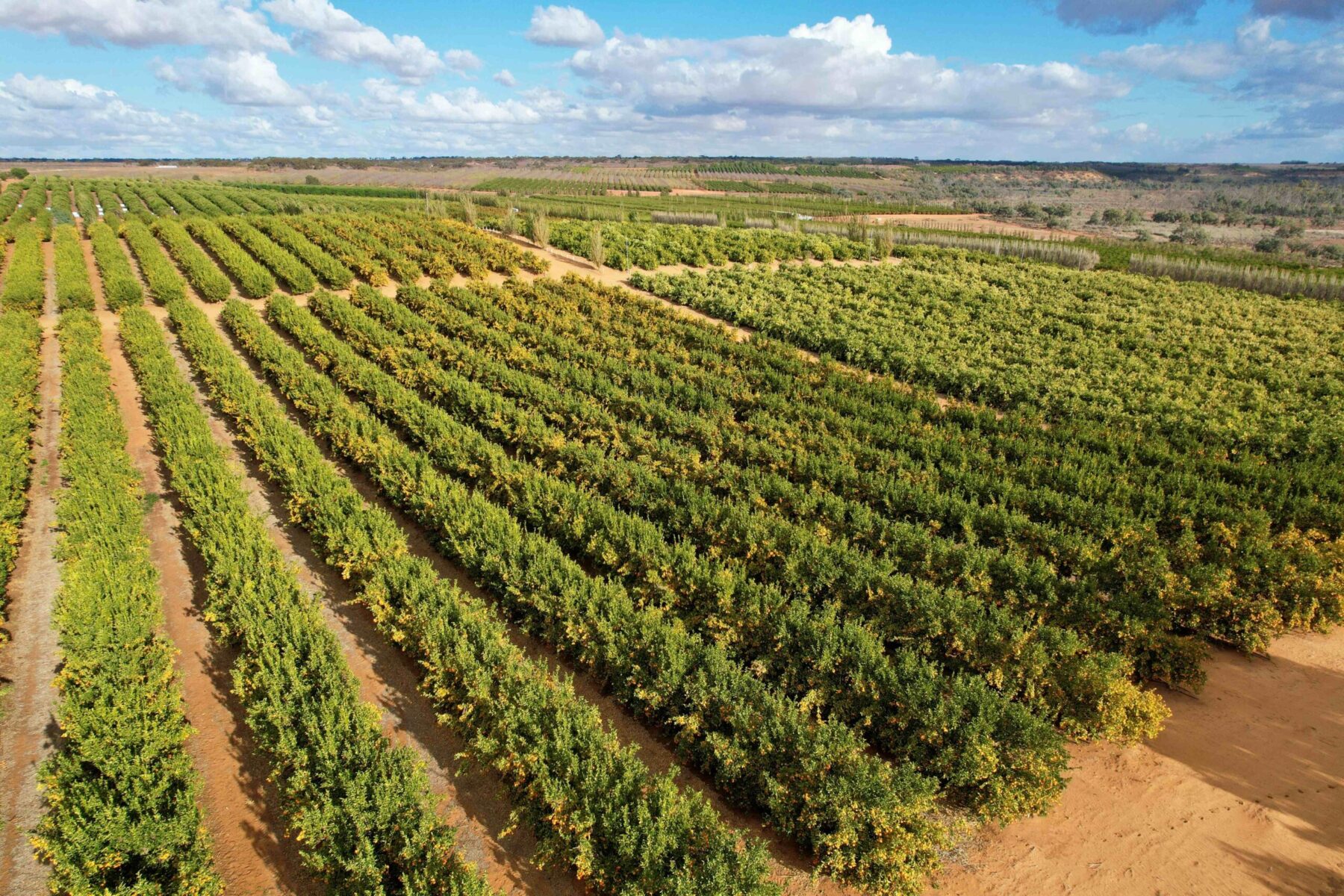Expansive cropping holding on Eyre Peninsula for sale after four generations
5 October 2021
A large-scale dryland cropping farm on South Australia’s Eyre Peninsula that has been owned by the same family through four generations has been listed for sale.
The property, known as Telusa, in the tightly-held Cleve Hills commands a total of 988ha on a gently undulating site roughly 21km north of Cleve and 164km north-east of Port Lincoln.
It is currently owned by Andrew and Rebecca Story, but its family lineage dates back to the early-1900s, when Andrew’s great-grandfather Martin Hannemann acquired the site from the government.
Mr Hannemann subsequently cleared the scrubland to create a productive agricultural property, which in 1942 he sold to son Allen, who then on sold it to his sister Maud and her husband Colin Story in 1960.
Since 2001 it has been owned by the current generation of Story farmers, who purchased it from Andrew’s parents (David and Eunice Story) and converted the property from a livestock farm to a cropping operation in 2013.
A total of 900ha (91%) is arable, with current production focusing on barley, wheat, canola and legumes, and yields continuing to improve year-on-year following the 2013 removal of stock.
A central laneway and grouped improvements – including a homestead, shedding and silos – combine for a functional and efficient layout.
CBRE Agribusiness’s Phil Schell and Angus Bills have been appointed to market the property by the Story family.
Offers around $7,400 per arable hectare are anticipated, with Expressions of Interest invited before 4pm ACDT on November 18.
“Telusa is one of the larger cropping opportunities to have come to market in this region on the Eyre Peninsula in recent years,” Mr Schell said.
“The property features the characteristics of a highly-productive broadacre cropping platform, benefiting from scale, operational efficiency, fertile soils, idyllic climate and a desirable location.”
Cleve receives approximately 400mm of rainfall annually, while the site has 370,000 litres of rainwater tank storage, with stock water pumped from the house dam to a central 85,000-litre tank.
The property is underpinned by fertile soils including friable red clay loams and brown-grey loam over clay.
The centrally-located improvements include a four-bedroom homestead with a swimming pool and gardens, shearing and machinery sheds, a workshop, grain storage totalling 165 tonnes and nine seed silos.
“We’re expecting interest from local landowners looking to expand their scale, farmers from other regions in South Australia seeking geographic diversity, high-net-worth individuals and corporate groups,” Mr Bills added.



